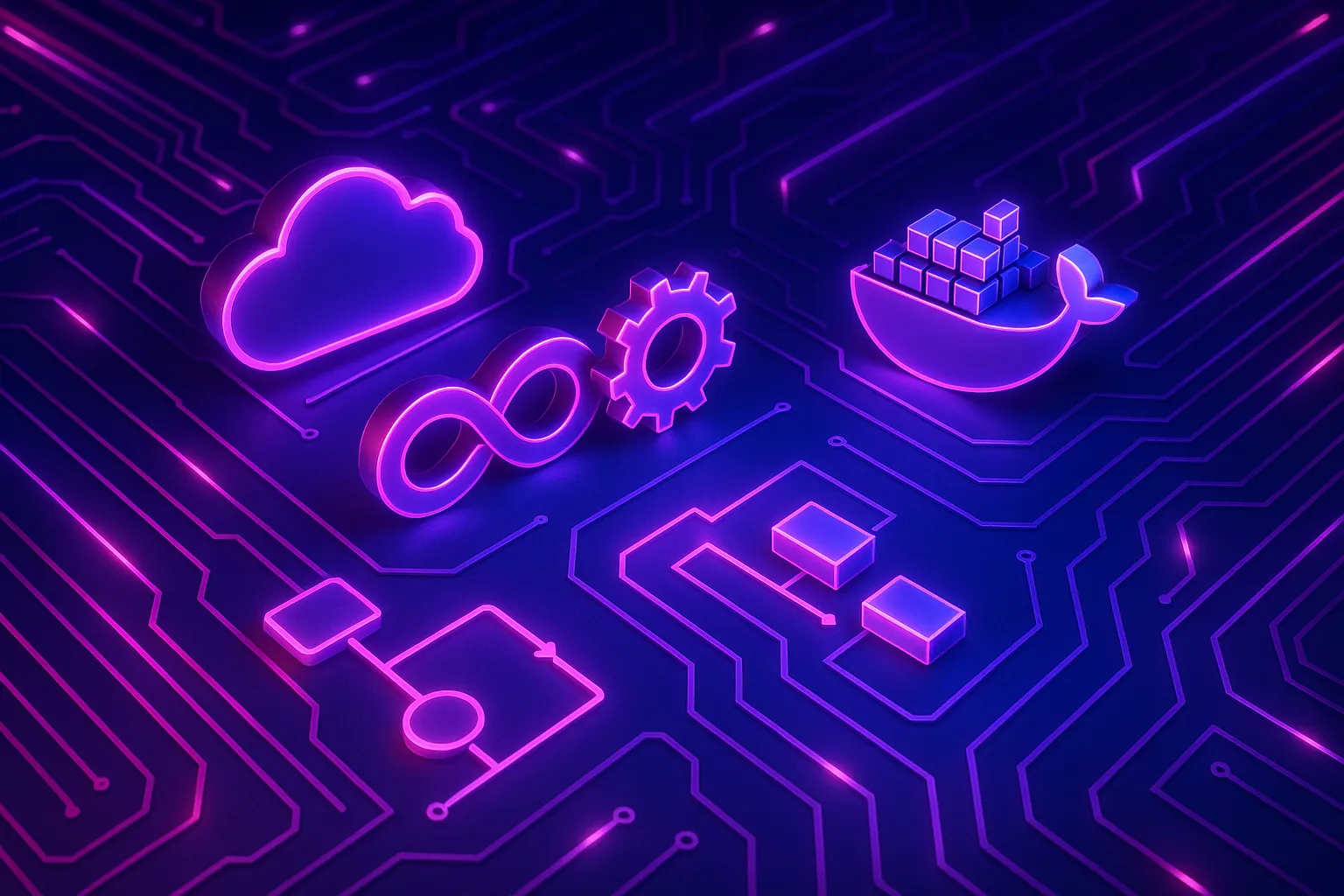
In the dynamic world of technology, DevOps emerges as a transformative force, breaking down silos and infusing agility and collaboration into the software development landscape. Peering into 2024, a host of groundbreaking trends are set to redefine how DevOps will push innovation and operational efficiency to unprecedented levels.
2024: The Year of DevOps Evolution
Born out of necessity to bridge software development and IT operations, DevOps is now reaching incredible maturity. Practitioners are integrating advanced technologies and methodologies to enhance processes, drive innovation, and deliver superior outcomes. According to Techstrong Research, a compelling 80% of professionals have adopted DevOps as a fundamental part of their operational strategies, marking its vital role in modern software development.
AI and ML: Automating the Future
AI and ML are pivotal in this transformation by automating repetitive tasks, enhancing predictive analytics, and optimizing resource use. For example, AI-driven alert systems can proactively predict and mitigate system failures, cutting down time and operational costs. This leads to streamlined workflows, creating efficiencies that redefine what's possible.
Cloud-Native and Platform Engineering: The Dynamic Duo
With cloud computing on the rise, cloud-native architectures are tightly interwoven with DevOps practices. Currently, 56% of organizations are utilizing cloud-native applications, supporting the shift towards serverless computing and microservices. Additionally, platform engineering initiatives are helping teams concentrate on their core skills by offering tailored, service-oriented environments.
Dismantling Silos: A New Era of Collaboration
DevOps practices emphasize integration and collaboration, vital for breaking traditional organizational silos that hamper progress. By fostering a culture of openness and cross-functionality, DevOps accelerates product development and enhances quality. GitOps, leveraging Git repositories for artifact control, enhances transparency and boosts team collaboration.
Infrastructure as Code: Coding the Future
Infrastructure as Code (IaC) transforms infrastructure management by transitioning from manual setups to code-based automation. This results in increased accuracy, consistency, and repeatability, crucial for achieving reliable, scalable deployments.
Pioneering the Future: Key DevOps Trends to Watch
2024 is poised to witness several transformative DevOps trends that will shape the landscape:
DevSecOps: Security at the Core
With security being paramount, integrating DevSecOps principles is essential. This ensures security is embedded into DevOps workflows, with automated protocols and policy-based management allowing for proactive vulnerability management and compliance assurance.
Elevating Developer Experience
Focus on improving developer experience is gaining momentum with self-service platforms that enable on-demand access to technical resources. This advancement boosts productivity and enhances job satisfaction, leading to improved retention.
Sustainability: The Green Tech Revolution
As environmental concerns rise, embedding sustainability into DevOps is becoming crucial. By optimizing resource allocation and reducing energy consumption, teams can effectively minimize their environmental impact.
Transforming Technology: The Road Ahead in 2024
The future of DevOps is defined by a fusion of innovative practices and technologies, revitalizing the landscape for greater collaborative efficiency. Whether through integrating AI or adopting cloud-native frameworks, technology is primed for sweeping advancements.
Harnessing the Collaborative Power of DevOps
At its core, DevOps excels in fostering integration and collaboration across diverse technological environments. By nurturing a culture of agility and transparency, organizations are well-prepared to handle the challenges of modern software development.
As we embark on 2024, the evolving DevOps practices offer a promising horizon filled with potential. The trends herald not only the dismantling of existing silos but also promote an enduring ecosystem of innovation and growth. As you explore this transformative landscape, what practices have you found most compelling? Share your experiences or recommend new trends that you believe might reshape the future.

